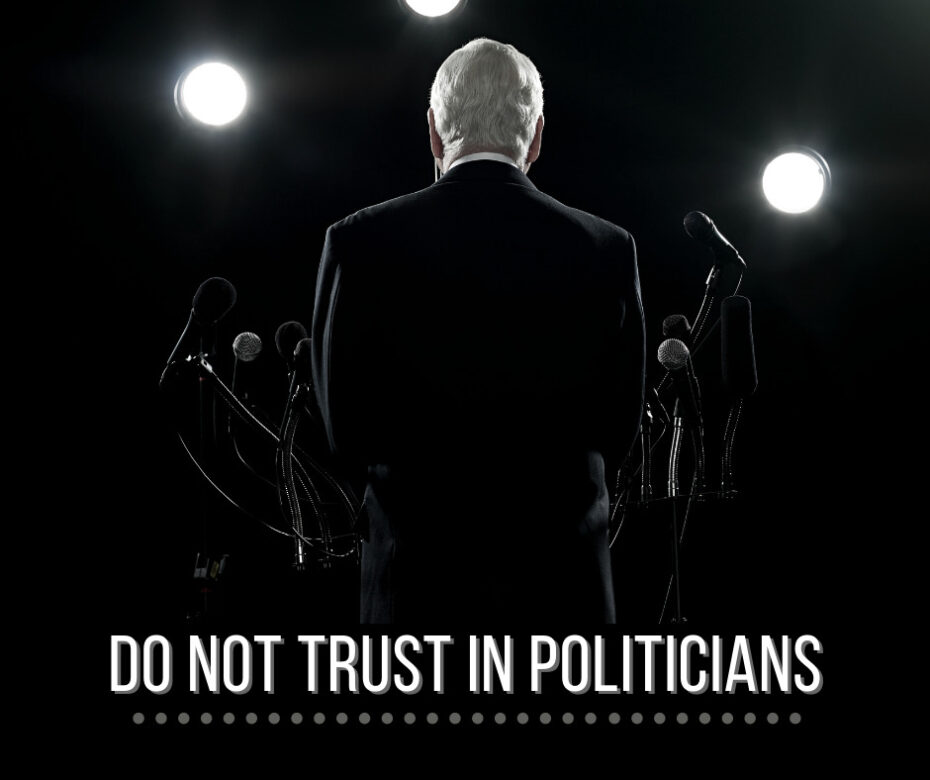Did you ever notice that the New Testament barely mentions the names or actions of the ruling authorities of the day?
For example, during the time of Jesus, Caesar Augustus was leading the Roman Republic into its epoch-making transformation into the Roman Empire. Humanly speaking, that was one of the most important events in history, and Caesar Augustus one of humanity’s greatest leaders.
And yet, the Bible barely mentions it.
What kind of political machinations were happening in Rome and across its territories?
What were the great leaders thinking, planning, and doing? What were the conspiracies and the complaints? And what did ordinary Roman citizens think and hope about the events of their day?
Interestingly, the Bible is virtually silent on all of that.
Yes, some political leaders are mentioned by name, but they are in the background, as bit players in the main Jesus story. For example, the only time Caesar Augustus is mentioned is to show how his taxation policy helped to fulfill prophecies about the birth of Christ…
And it came to pass in those days that a decree went out from Caesar Augustus that all the world should be registered… (Luke 2:1).
That’s it. That’s the extent to which Caesar Augustus’ accomplishments were worth mentioning in Scripture. I think he would have been disappointed by his lack of press!
Frankly, over the last few weeks, I have felt depressed over American politics. As an immigrant to the US, I don’t think people realize what a great country they have, or what amazing freedoms and opportunities voters are actively throwing away (in my opinion). I do not look forward to the political and economic future.
So what should I do? And what should you do, too? Get depressed? No. Instead, let’s listen to Psalm 146:
Praise the Lord!
Praise the Lord, O my soul!
While I live I will praise the Lord;
I will sing praises to my God while I have my being.
Do not put your trust in princes,
Nor in a son of man, in whom there is no help (Psalm 146:1-3).
The Psalmist does not trust politicians. He knows they cannot help us or save us, no matter how much we think they can. And he made that statement at a time when Israel’s neighbors thought their rulers were divine. But they aren’t divine. They’re only men.
So what should you do if you can’t trust in politicians? Instead of getting depressed about it, the Psalmist is praising the Lord! And he vows to keep on singing God’s praises while he lives (“while I have my being”).
The Psalmist’s praise did not depend on earthly politics—and neither should mine.
But there’s something else we can be doing. Here’s what Paul told Timothy:
Therefore I exhort first of all that supplications, prayers, intercessions, and giving of thanks be made for all men, for kings and all who are in authority, that we may lead a quiet and peaceable life in all godliness and reverence (1 Tim 2:1-2).
The fact that you should not trust in politicians may be all the more reason why you should pray for them. They need your prayers because they need God’s help.
Moreover, look at the hopeful outcome of your prayers: a quiet and peaceable life. That is what I want (or should want)—a life where I am free to pursue godliness and reverence.
So how should Christians react to the ebb and flow of politics and elections?
Keep praying, keep praising, but don’t go trusting.


